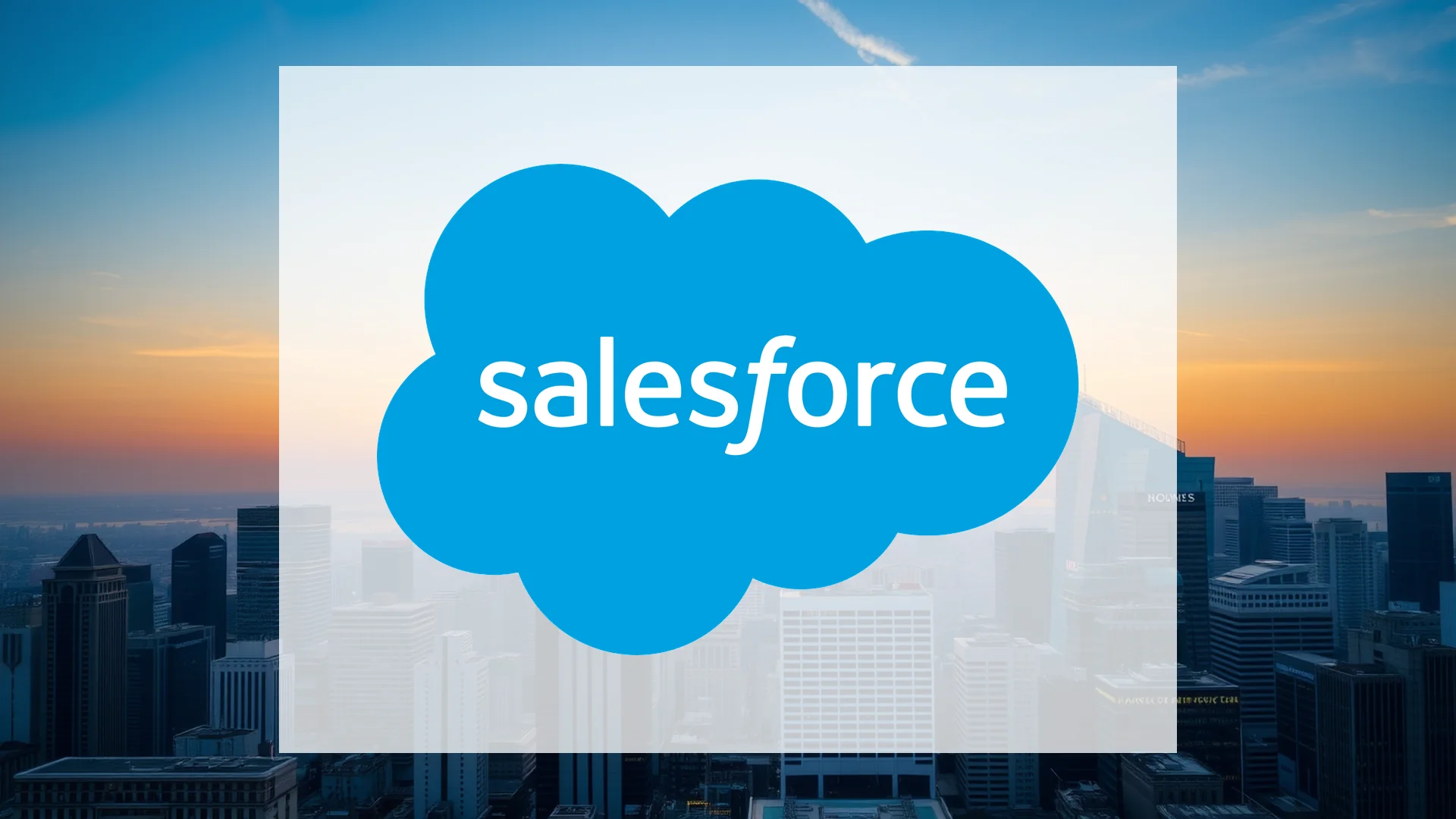While Salesforce unveiled its ambitious new artificial intelligence platform “Agentforce 360” with great fanfare, investors responded with notable caution. The customer relationship management giant’s vision for an “agentic enterprise” future, where AI agents collaborate seamlessly with human employees across all company data, failed to impress market participants. The stock declined significantly following the announcement, creating a stark contrast between technological aspirations and financial reality.
Strategic Moves and Market Reaction
Salesforce’s comprehensive AI strategy involves multiple components beyond the core platform announcement. The company revealed plans to acquire Apromore, an Australian process analysis specialist, strengthening its analytical capabilities. Additionally, expanded partnerships with leading AI developers OpenAI and Anthropic will integrate cutting-edge models like GPT-5 and Claude directly into the Salesforce ecosystem.
Despite these strategic developments, Northland Securities delivered a sobering assessment by downgrading Salesforce shares from “Outperform” to “Market Perform” on the same day as the product reveal. The financial services firm cited concerns about slowing growth in remaining performance obligations (cRPO), a crucial metric for forecasting future revenue streams.
The market response was immediate and decisive: Salesforce equity dropped 3.6% following the analyst action. This decline occurred against the backdrop of CEO Marc Benioff’s simultaneous announcement of a substantial $15 billion investment plan in San Francisco over the coming five years.
Should investors sell immediately? Or is it worth buying Salesforce?
Leadership Actions Raise Questions
Further complicating the narrative were recent stock sales by company leadership. Chief Executive Officer Marc Benioff disposed of shares worth approximately $1.1 million shortly before the Dreamforce conference. Although these transactions were executed through automated trading plans, the timing attracted attention from market observers and added to the negative sentiment.
The upcoming quarterly results, scheduled for early December, will provide critical insight into whether Salesforce can translate its AI vision into measurable business performance. Despite the recent setback, the consensus analyst rating remains at “Moderate Buy,” indicating that expectations for substantial AI-driven growth haven’t been entirely abandoned by the investment community.
The central question facing Salesforce is whether its substantial AI investments will eventually generate returns that justify both the financial commitments and the heightened expectations, or if the company has overestimated its capacity to monetize artificial intelligence technologies in the competitive enterprise software landscape.
Ad
Salesforce Stock: Buy or Sell?! New Salesforce Analysis from February 7 delivers the answer:
The latest Salesforce figures speak for themselves: Urgent action needed for Salesforce investors. Is it worth buying or should you sell? Find out what to do now in the current free analysis from February 7.
Salesforce: Buy or sell? Read more here...











